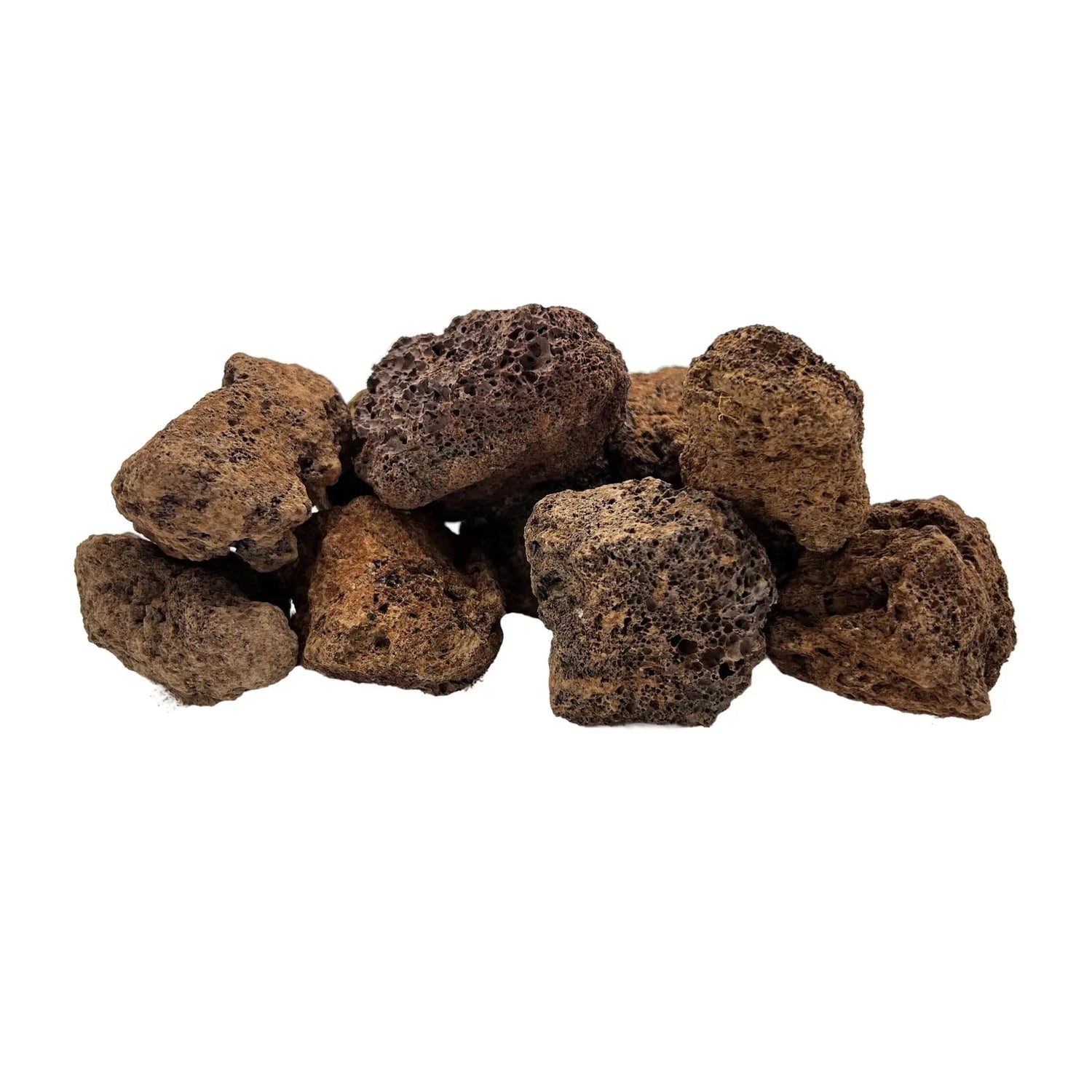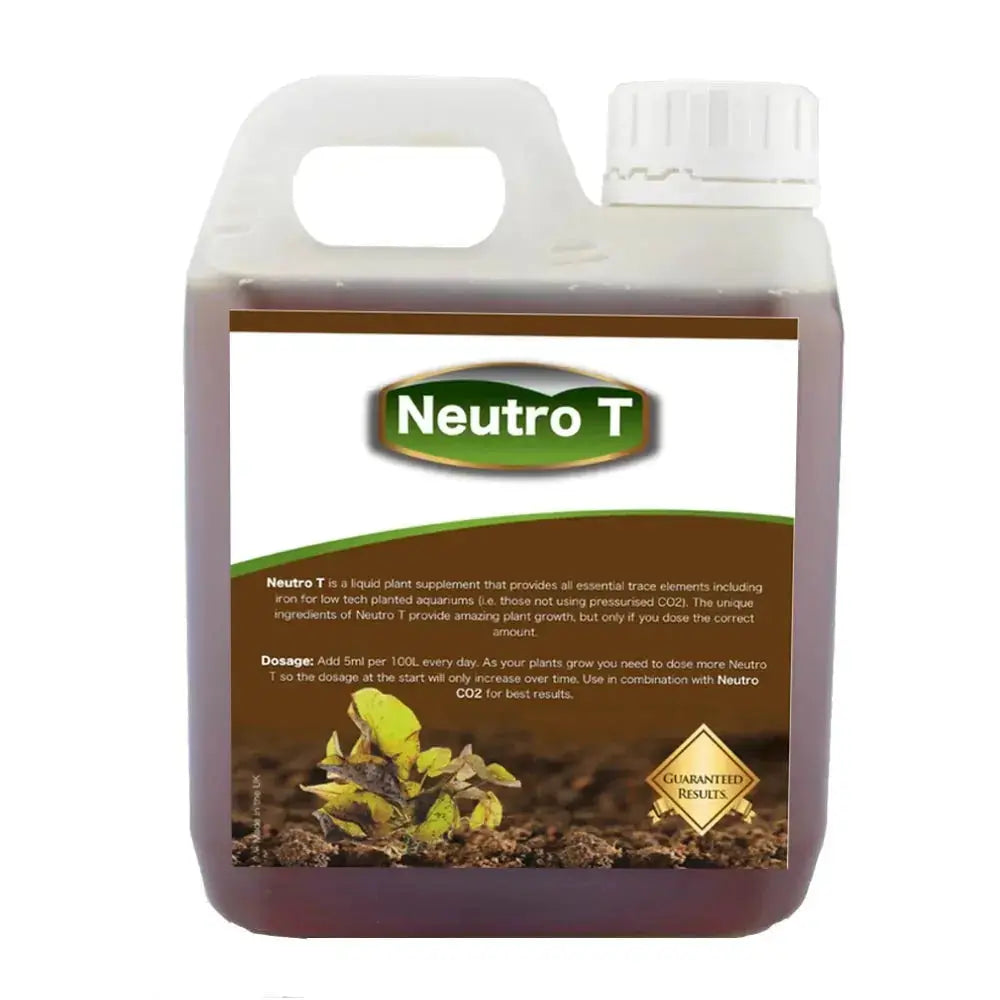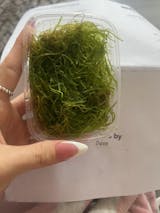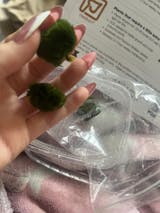There are several ways to address brown algae in a planted tank. The first step is to identify the cause of the algae growth. This may be due to poor water quality, or excess lighting. Once the root cause is determined, it can be addressed by making adjustments to the tank conditions.
One effective method for controlling brown algae is to increase the frequency of water changes. This will help to remove organics and improve water quality. It is also important to maintain proper water chemistry, including proper pH and nitrogen levels.
Another option is to decrease the amount of light in the tank, as brown algae tend to thrive in high light conditions. Keep lighting to 6 hours per day if algae starts to grow.
But in nearly all cases, adding additional plants to the tank will also help to control brown algae. Plants will absorb excess nutrients and utilize them for growth, which can help to prevent algae from taking hold.
If these measures do not work, it may be necessary to manually remove the brown algae from the tank. This can be done by gently wiping it off the glass and other surfaces using a soft cloth or sponge. It is important to be gentle in order to avoid damaging the plants or disturbing the substrate.
Overall, controlling brown algae in a planted tank requires a combination of proper tank maintenance, water quality management, and possibly manual removal. By addressing the root cause of the algae growth and taking the necessary steps to prevent it from returning, it is possible to maintain a healthy and attractive planted tank.











